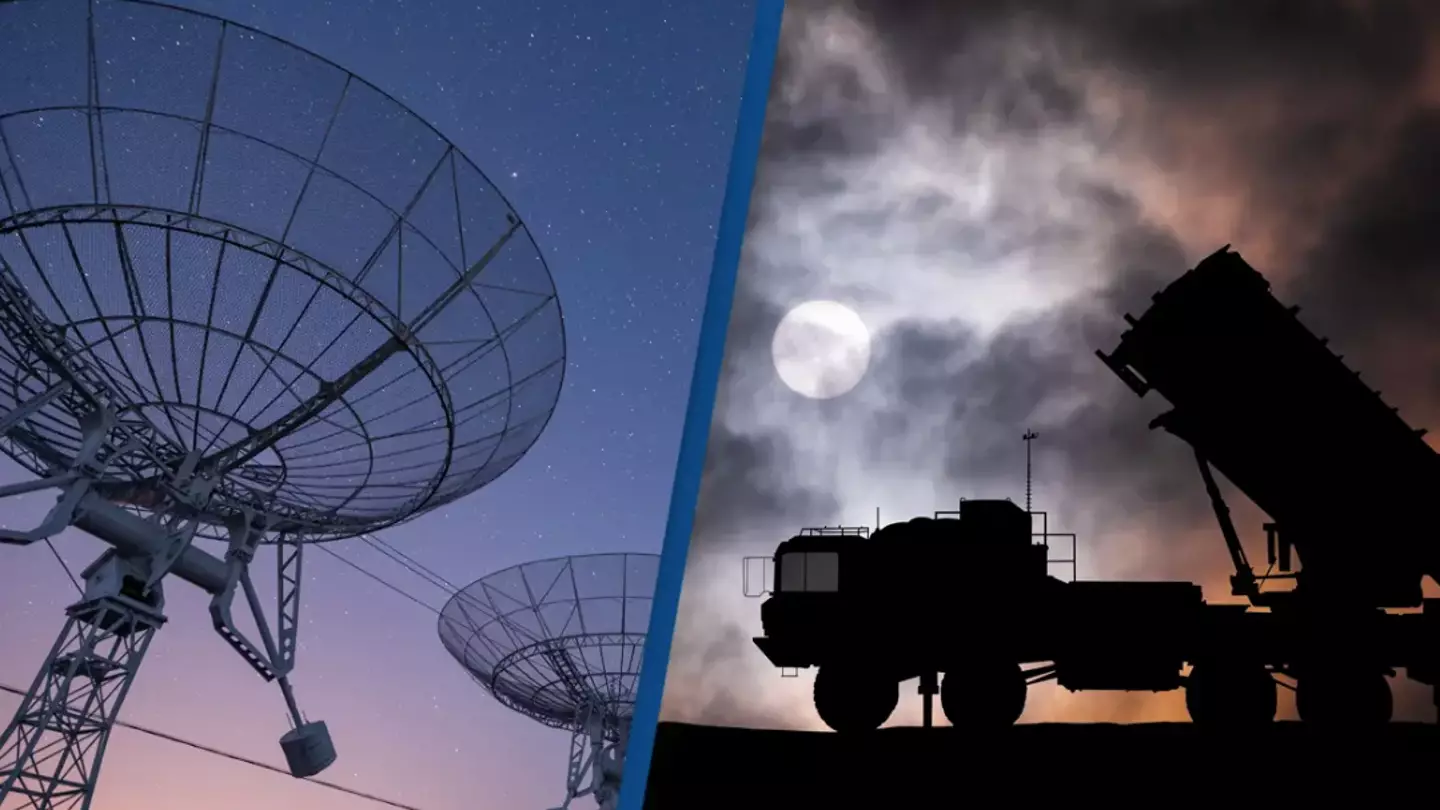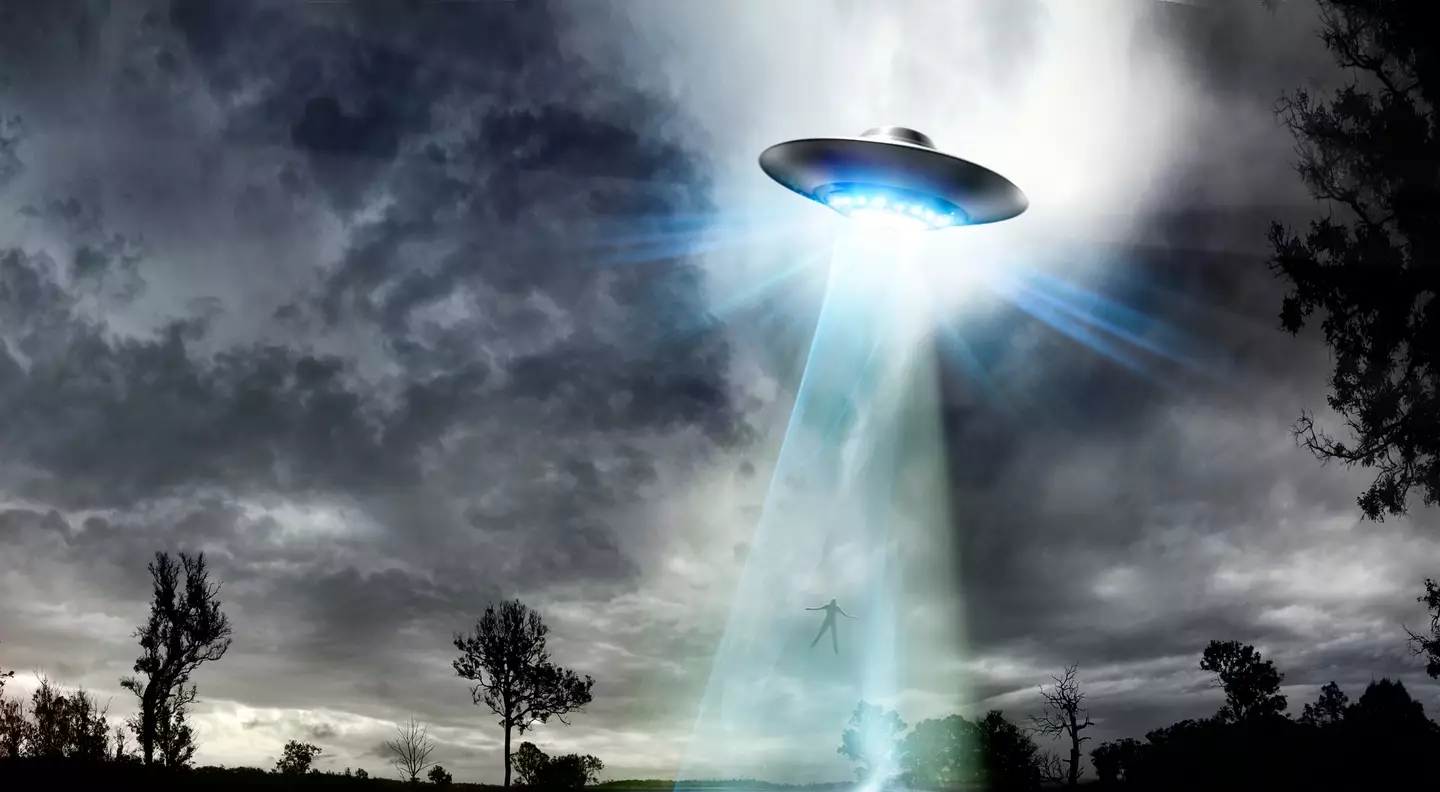
What would happen if aliens tried to contact Earth?
It’s a question space fanatics, filmmakers and storytellers have pondered for countless years.
In the 1970s, NASA’s Deep Space Network sent radio signals which aliens — if they exist — might be able to hear and respond to as early as 2029.
If they do reply, it is likely the response will be received by large telescopes on Earth, such as the Very Large Array (VLA) in New Mexico, FAST in China and the Parkes Telescope in Australia.
Advert
As the search for extraterrestrial life continues, a former expert at NASA has revealed what would likely happen in the event aliens send us a message.
Sylvester Kaczmarek explained there is no universally agreed rule on how governments or scientists would respond to an Alien message. However, extraterrestrial-focused organisations, such as the Search for Extraterrestrial Intelligence (SETI), drew frameworks in 2010.
There would need to be ‘multiple layers of confirmation and analysis’ which could take several weeks or months.

Advert
Scientists would notify organisations in the first week after the message is confirmed to be of alien origin.
“Governments would also become quickly involved, particularly those with advanced space programs or defense capabilities, like the US Space Force or equivalent agencies,” he told MailOnline.
“However, in such a scenario, there would likely be confusion and competing interests before a unified global strategy emerged.”
In the second week, discussions would then start to take place on how to respond.
Advert
“In principle, the United Nations would play a central role in any coordinated global response,” Kaczmarek explained.

“The UN Office for Outer Space Affairs (UNOOSA) is the most likely body to lead, as it oversees the peaceful use of outer space and has existing treaties, like the Outer Space Treaty of 1967, that cover international cooperation in space.”
He added: “This transparency could be delayed depending on geopolitical or security concerns, especially if governments or defense agencies got involved.”
Advert
Scientists and governments would work together to pinpoint where the signal came from — and whether or not they should respond.
The type of response sent from Earth would depend on how the aliens made contact — key questions would be whether they visited from a spacecraft and if they did, it would require a ‘direct’ response, Kaczmarek said.
However, a signal sent from the depths of space would need to have a response created as a result of ‘long-term planning’. These are the key questions and concerns for week three.
